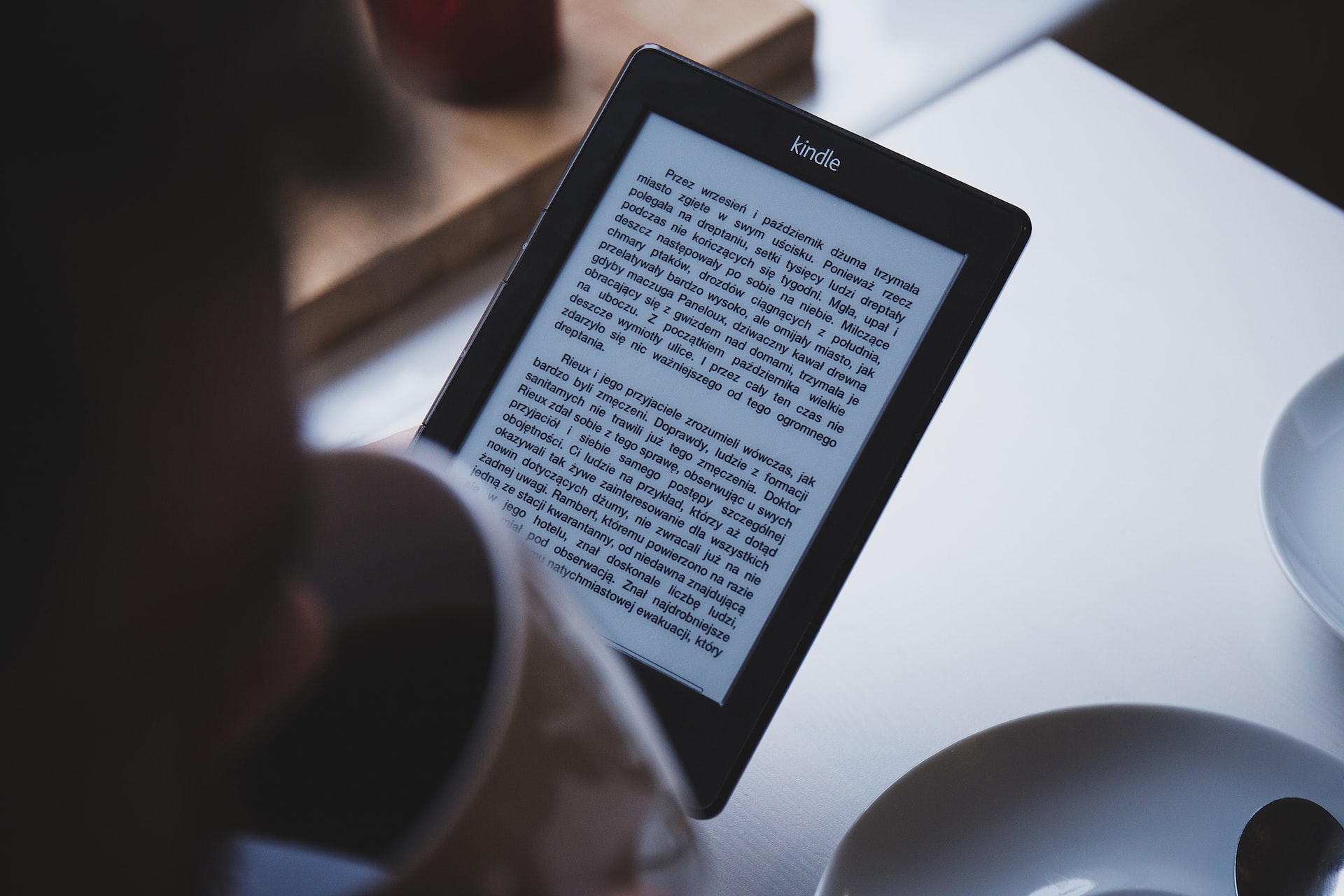Piracy and self published authors

In today's digital age, protecting books from piracy is a significant challenge for authors and publishing houses. Piracy can significantly impact an author's income and reputation. It can also negatively impact the publishing house's profits and relationships with their authors. The good news is that there are several best practices that authors and publishing houses can adopt to protect their books from digital piracy.
One of the most effective ways to protect books from digital piracy is by being proactive. This means taking steps to prevent piracy from occurring in the first place. One such step is by using a company like MUSO.com. MUSO is a digital piracy protection company that provides services to content owners to protect their content from piracy. MUSO.com uses cutting-edge technology to identify and monitor piracy across the internet. They use advanced algorithms to track down and remove pirated content from websites, social media, and file-sharing platforms.
Another best practice for authors and publishing houses is to use digital rights management (DRM) software. DRM software is used to prevent unauthorised distribution and sharing of digital content. DRM software works by encrypting digital content, which makes it difficult for pirates to copy and distribute the content. DRM software can be used for e-books, audiobooks, and other digital content.
Authors and publishing houses can also protect their books from digital piracy by monitoring the internet for unauthorised copies of their books. This can be done manually or by using automated tools that scan the internet for pirated content. If unauthorised copies of their books are found, authors and publishing houses can take action by issuing takedown notices to websites hosting pirated content. They can also take legal action against pirates who are distributing their content without permission.
It's also essential for authors and publishing houses to educate their readers about the impact of piracy on the industry. By raising awareness about the negative consequences of piracy, readers may be more likely to purchase legitimate copies of books instead of pirated copies. Authors and publishing houses can also offer incentives to readers who purchase legitimate copies of their books, such as exclusive content or access to special events.
In conclusion, digital piracy is a significant threat to the publishing industry, but there are several best practices that authors and publishing houses can adopt to protect their books. Being proactive, using DRM software, monitoring the internet for pirated content, and educating readers are all effective strategies to combat digital piracy. By taking these steps, authors and publishing houses can protect their intellectual property and ensure that they receive the full benefits of their hard work. Companies like MUSO.com can be an excellent resource for authors and publishing houses to protect their books from digital piracy.